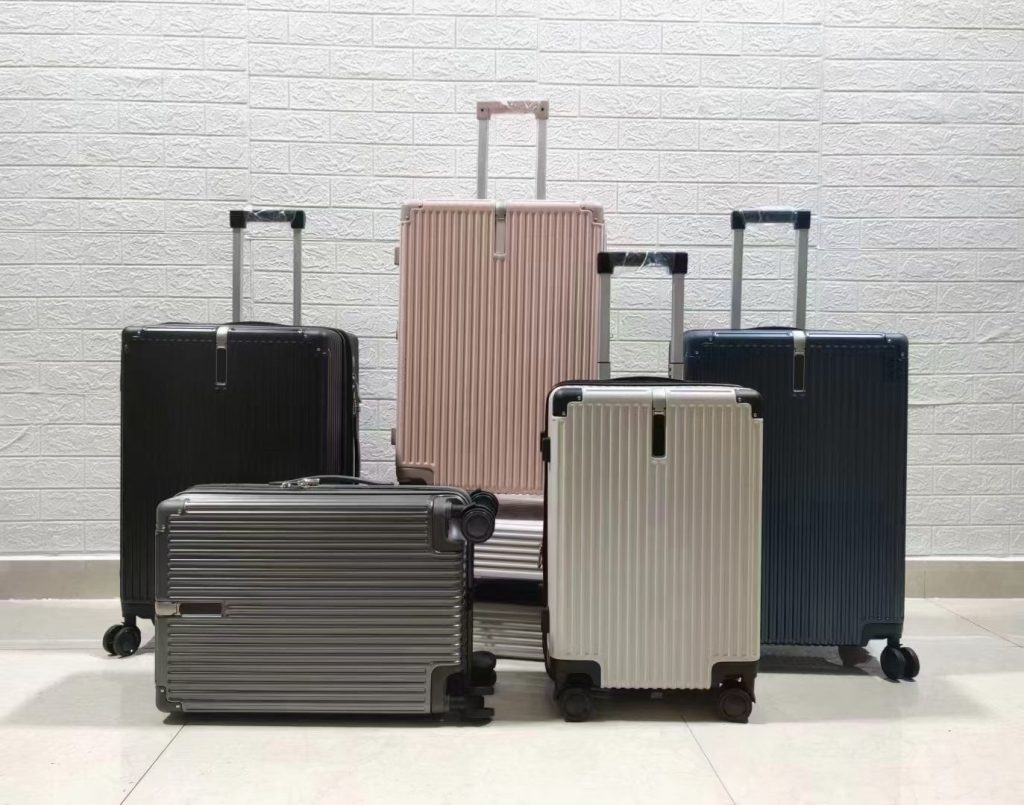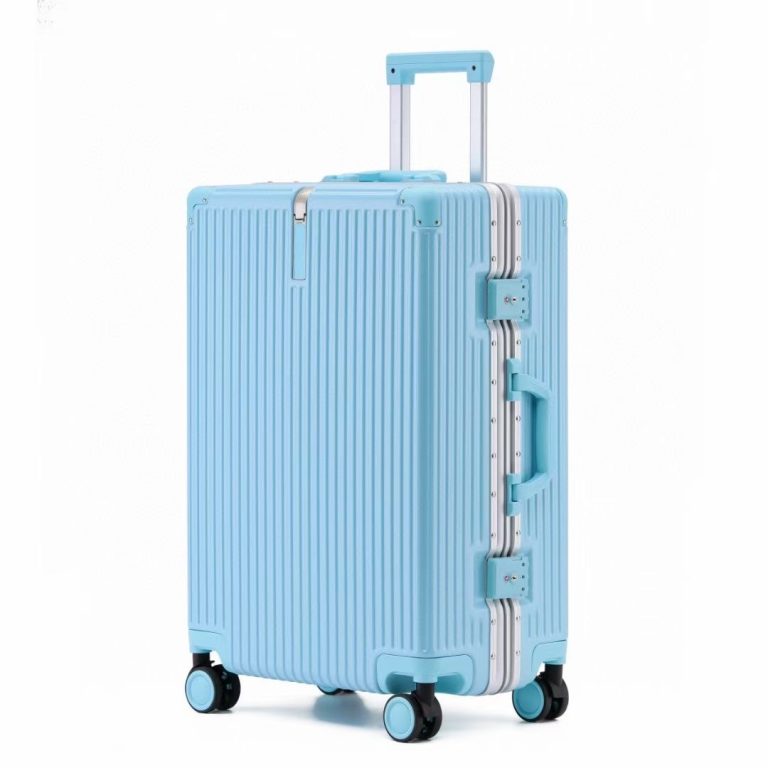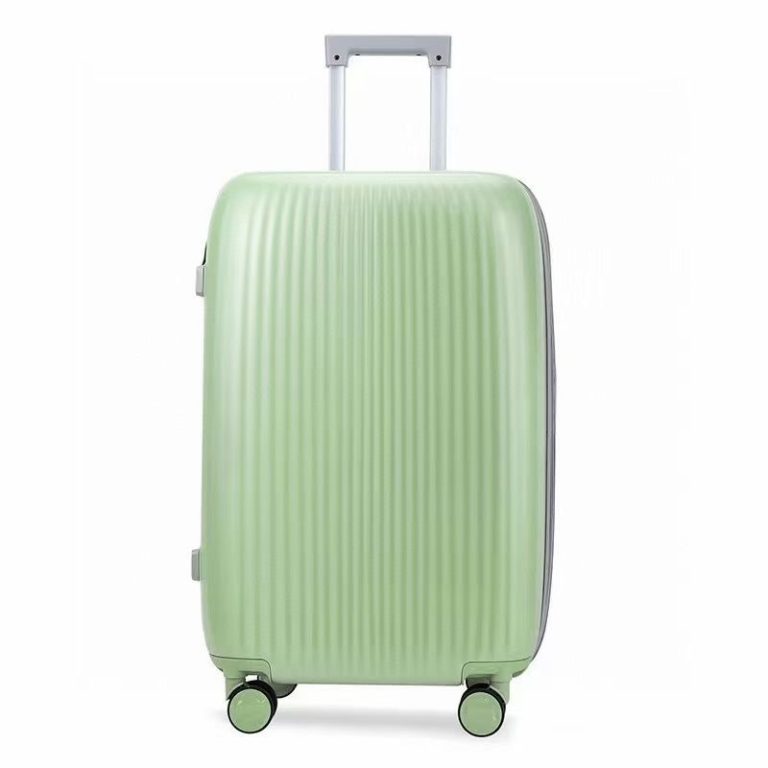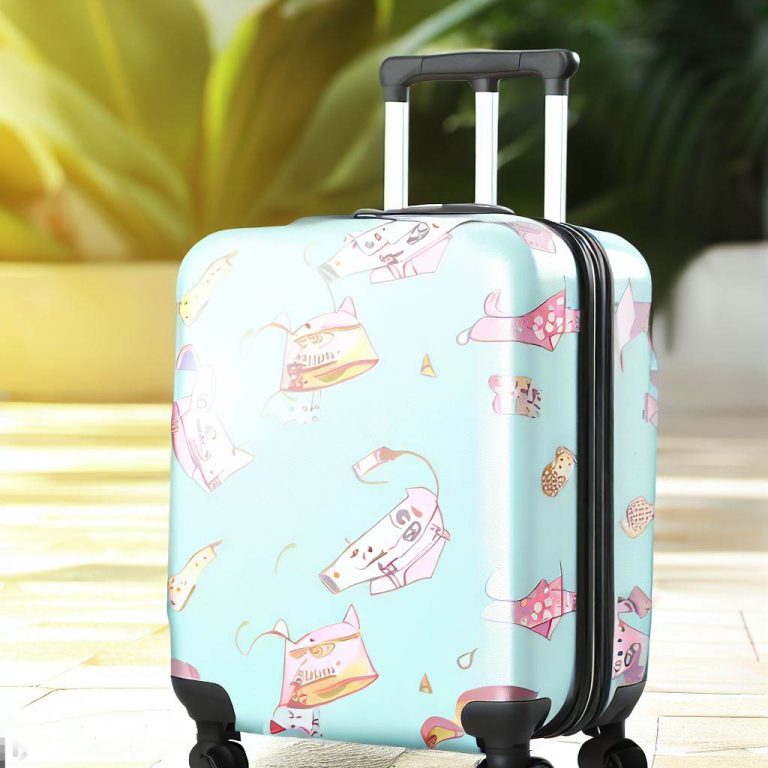Selecting a reliable supplier for high-quality suitcases is crucial, whether you are a business looking to stock your inventory or an individual in search of durable luggage for personal use. Here’s a step-by-step guide to help you choose a reliable supplier:

- Define Your Requirements:
Determine your specific needs. Are you looking for premium luggage, mid-range options, or budget-friendly choices? Consider factors like size, material, design, and any additional features (e.g., wheels, locks, expandability). - Research Potential Suppliers:
Look for potential suppliers through various channels:
- Online Search: Use search engines, business directories, and B2B marketplaces to find suppliers.
- Trade Shows: Attend luggage and travel-related trade shows and exhibitions to meet suppliers in person.
- Industry Associations: Check if there are industry associations related to luggage and travel accessories that can provide supplier recommendations.
- Check Supplier Reputation:
Investigate each potential supplier’s reputation. Look for online reviews, ratings, and testimonials from other businesses or customers who have used their products. Consider the following factors:
- Quality: Assess the quality of their suitcases and luggage. Look for any quality certifications or standards they adhere to.
- Reliability: Determine if they consistently deliver orders on time and meet quality standards.
- Customer Service: Gauge their responsiveness and willingness to address customer concerns.
- Return/Refund Policy: Understand their policies regarding returns and refunds.
- Evaluate Product Samples:
Request product samples or visit the supplier’s showroom if possible. This allows you to assess the quality, design, and features of the suitcases firsthand. Pay attention to details like zippers, handles, wheels, and stitching. - Check Manufacturing and Material Sources:
Inquire about the source of materials and the manufacturing process. High-quality suitcases often use durable materials like polycarbonate, ABS, or ballistic nylon. Ensure that the supplier has quality control measures in place. - Cost and Pricing Structure:
Discuss pricing, minimum order quantities, and payment terms with potential suppliers. Compare costs among different suppliers and consider any discounts for bulk orders. - Supplier’s Location and Shipping:
Consider the supplier’s location and shipping options. Choosing a supplier closer to your location can reduce shipping costs and delivery times. - Communication and Responsiveness:
Evaluate the supplier’s communication skills and responsiveness. Clear and timely communication is vital for smooth business transactions. - Contracts and Agreements:
Before finalizing your decision, carefully review and negotiate the terms of any contracts or agreements. Pay attention to warranties, delivery schedules, and any penalties for non-compliance. - Ask for References:
Request references from the supplier, preferably from other businesses or clients they have worked with. Contact these references to gather feedback about their experiences. - Visit the Supplier (if possible):
If feasible, visit the supplier’s facilities to get a better understanding of their production processes and quality control measures. - Consider Sustainability: If sustainability is a priority for your business, inquire about the supplier’s commitment to eco-friendly practices and materials.
- Make a Decision:
After thorough research and evaluation, choose the supplier that aligns best with your requirements, budget, and values. - Start with a Small Order:
If you’re unsure about a supplier’s reliability, consider placing a small initial order to assess their product quality and service.
Remember that building a strong and lasting relationship with your supplier is essential for long-term success. Regular communication and feedback can help ensure a smooth and productive partnership.






